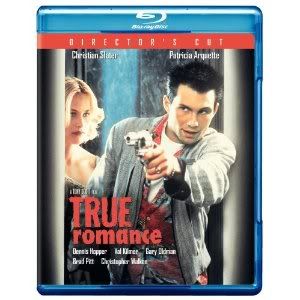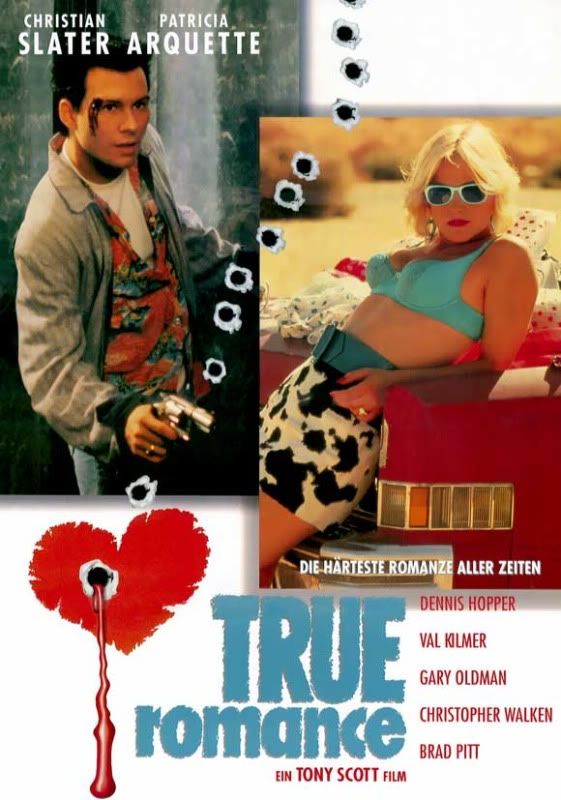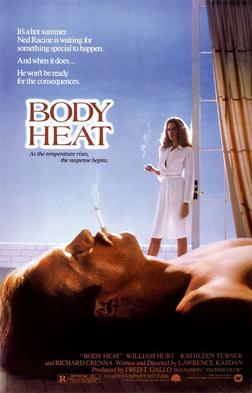jamhead
Well-Known Member
The thread on "would you buy from this guy" gave me the idea to start this thread. Basically, what I'd like to see (not just for Botch's benefit) is people give a "must see movie" recommendation. It can be for any number of reasons and you can explain if you wish. Perhaps the movie was really good, or really bad (sometimes I enjoy watching terrible movies), iconic, or had great audio/video qualities. Or, maybe good boobie shots. But I don't want this to turn into a "good movie" thread....there are plenty of good movies, but not all good movies are "must see". Disagreements could be interesting as well.
I'll start with one:
National Lampoon's Vacation.
A little dated, but anyone who's taken a family vacation can relate on some level. Introduction to Cousin Eddie and, of course, Christie Brinkley is smokin' hot in this one.
I'll start with one:
National Lampoon's Vacation.
A little dated, but anyone who's taken a family vacation can relate on some level. Introduction to Cousin Eddie and, of course, Christie Brinkley is smokin' hot in this one.




















